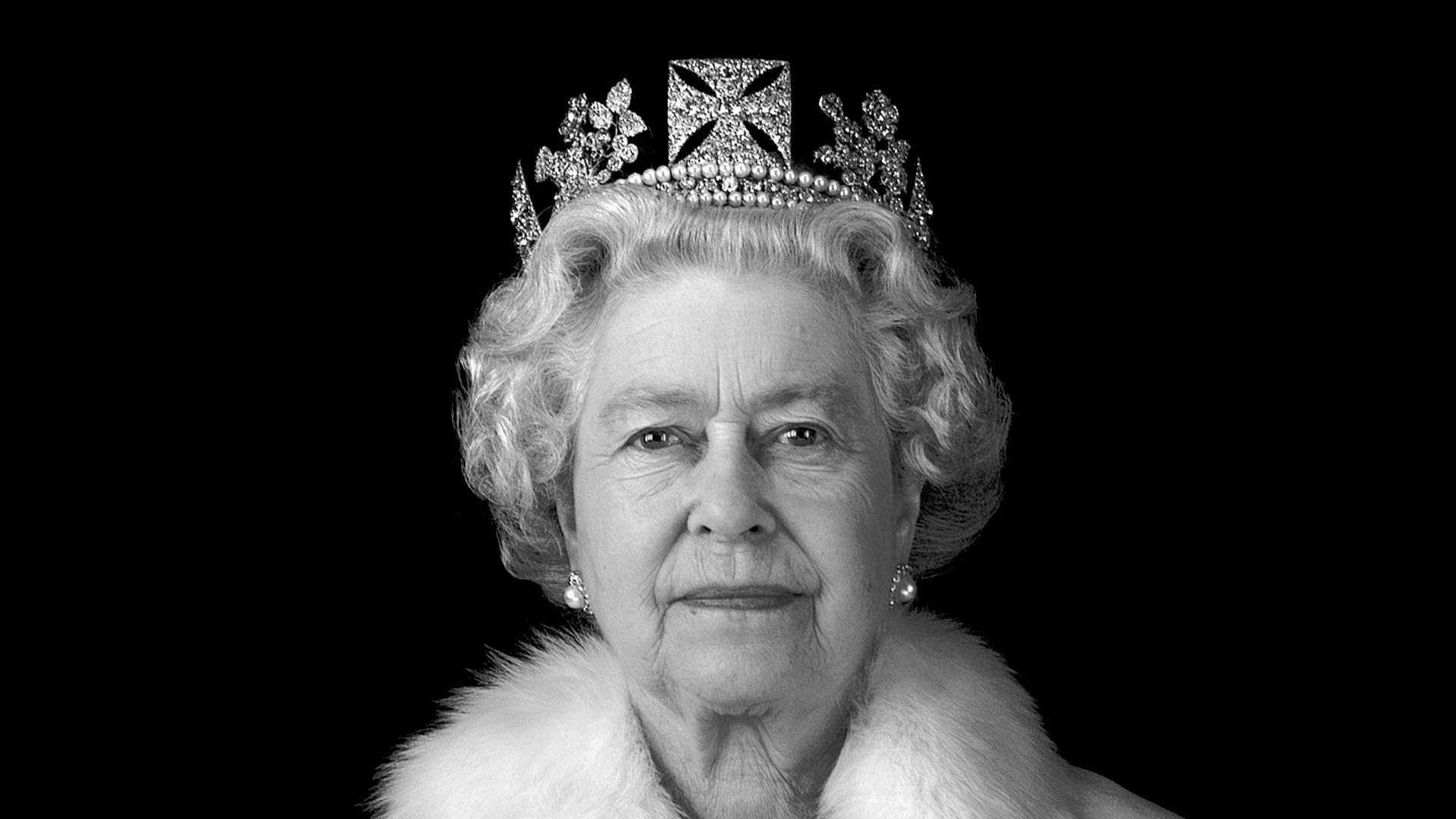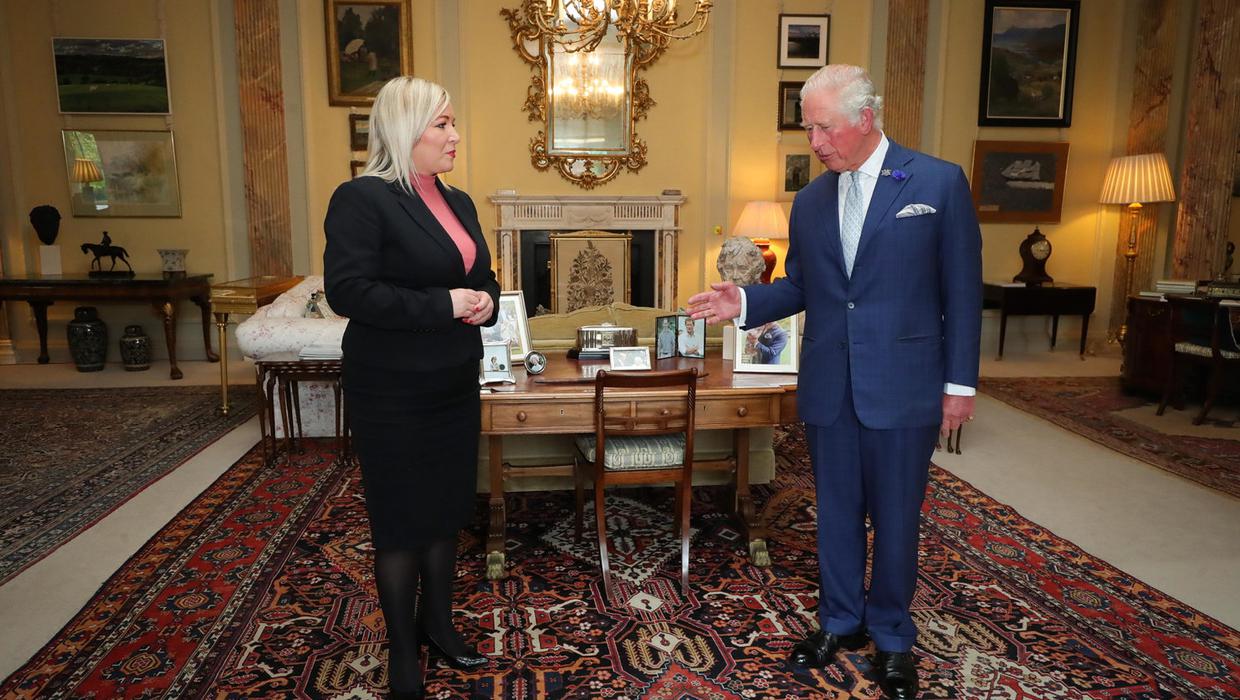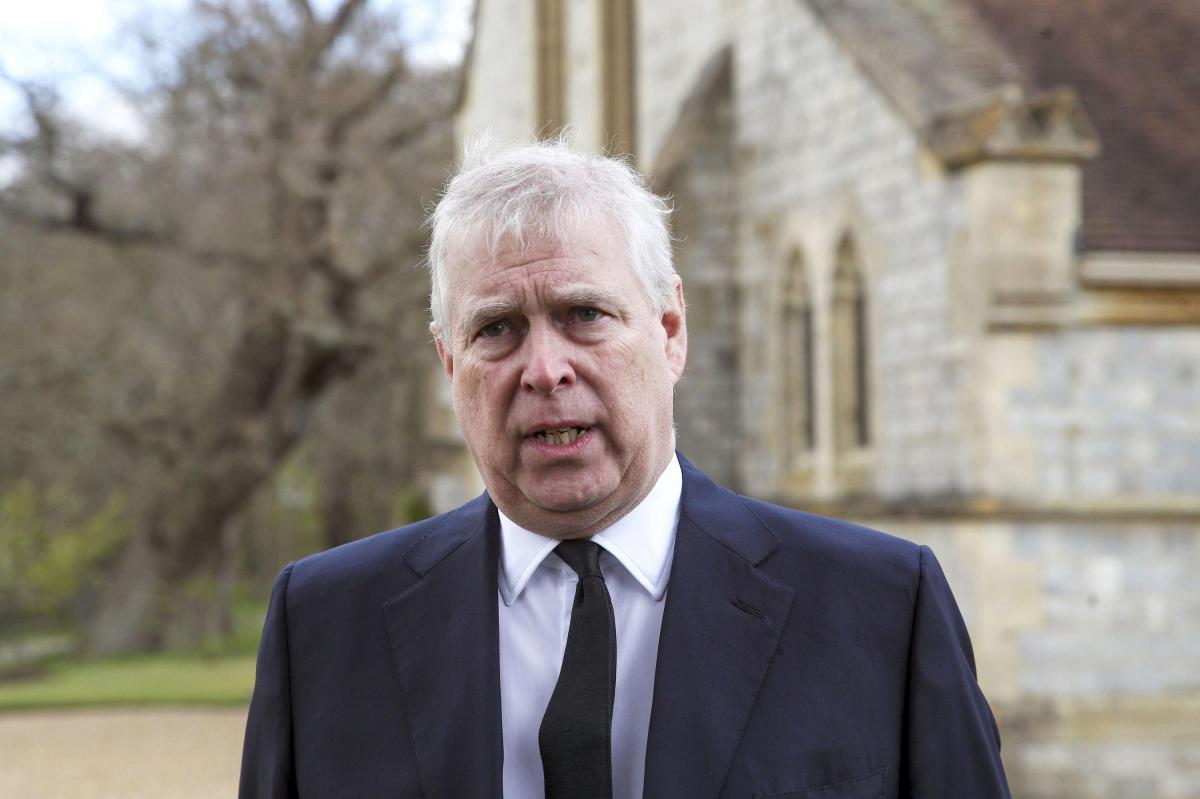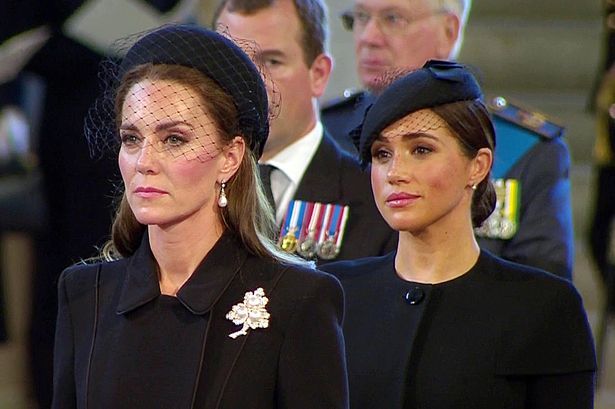The Road Not Taken

Why Charles Represents an Opportunity for the Monarchy, Progressives and the Left
If you've been in a coma, you might have missed the news of the passing of Queen Elizabeth II. Otherwise, it's impossible for the news to have slipped you by.
Britain's monarch of 70 years died on 8th September. Whilst millions watched with sadness and curiosity as the machinations of the State began to move – both with the funeral preparations of the departed Queen, and the appointment of King Charles III – it didn't take long for the mood to begin to shift.
I've been struck by the generally extremely respectful reactions from Republicans across the UK and Ireland. Even the Sinn Féin Northern Ireland First Minister Designate Michelle O'Neill struck a respectful and reconciliatory tone with her statement. If Sinn Féin can hold themselves to this standard at the death of British monarch, then anyone can.

By and large, the response has been thoughtful, respectful and struck all the right chords. The Queen was a symbol of an establishment that – despite the fervent beliefs of many in Britain – was not universally admired. It is an archaic institution that harks back to a time of revered aristocracy and mass serfdom. It was only by virtue of Queen Elizabeth II's character, guile and self-awareness that she was able to transcend the shackles of the institution and form what felt for many like a personal connection to the throne.
It is for that reason that many – myself included – who have little personal affection for the institution could still feel a sense of loss and sadness at her passing. Having studied a good deal of the history of the Kings and Queens of Europe for the past two thousand years, I am also keenly aware that we're witnessing an historic event, even if the significance of European monarchies is in inexorable decline. It is possible that this could be the last truly globally significant death of a monarch in European history.
So, for this reason, I think that the significance of the event is justifiable: the pageantry appropriate, the reaction understandable.
Unsurprisingly, however, it has been latched onto by the evermore vocal nationalist wing of our society. It has swiftly become a "Who can mourn the hardest?" competition, and who can use the myopic scrutiny of every action and reaction as a weapon with which to tarnish the reputation of the usual suspects.
It is strikingly apparent who such scrutiny is reserved for, and for whom it is outright disallowed. As usual, Meghan Markle has been bashed from pillar to post for showing up. The common tropes of her "destroying" a Royal Family's reputation are back with a vengeance. The same Royal Family, by the way, who have just restored royal duties to long-time Jeffrey Epstein friend and associate Prince Andrew. The same Prince Andrew who paid an out-of-court settlement to sexual abuse accuser Virginia Giuffre, reported to be as much as £12 million.
Meghan Markle has cast a light on the shadowy and often sinister inner workings of the Royal Family. For many, it has shattered an illusion of the sanctity of monarchy that – somehow – has persisted in their minds beyond the Middle Ages. On a level, I can understand how having an illusion shattered can be troubling if that illusion was important to them. I can even understand how it is natural to blame Meghan Markle for that, albeit only briefly. However the wilful ignorance they carry in order to outright ignore Prince Andrew's behaviour, whilst slandering Meghan Markle dozens of times a day on Twitter is indefensible.

This is important, because it highlights what the Royal Family is to these people: a relic of a bygone era that was – to them – better. It is a symbol to cling to in an attempt to drown out societal change they don't like. In the same way the Brexit campaign managed to associate the European Union with perceived negatives of progression and weaponised the emotional power and resonance of a bygone age – falsely, of course.
And so the Monarchy has a problem. Queen Elizabeth II rose above the institution to create a feeling of familiarity and neutrality that surpassed political and cultural affiliations. If Charles – notoriously more outspoken – does not do the same, then he will alienate large swathes of the country. He does, of course, have a choice in how to behave.
He could follow his mother's path, and adopt extremely neutral positions. Essentially, he would continue to simply be there; to carry out engagements and be the head of the institution. His views on climate change are well known, and he does not strike me as someone who will at least enjoy, or at most be able to, repress his strongly held convictions. His engagement in Northern Ireland last week where he joked and laughed with Sinn Féin MLAs whilst – intentionally (and deservedly) or not – mocking DUP MLA Jeffrey Donaldson suggests a passive role will not come easily to him.
If he does adopt a more outspoken approach, in keeping with his character, then he sets the monarchy on a collision course with its most ardent and fervent supporters.
I'm talking about the flag-waving, climate change-denying, overtly racist sections of our society: the Brexit cultists, the Meghan haters and the cap-doffing, forelock-tugging Conservative Party voters. Whilst Charles is by no means some Johnny Rotten-style character who's been shackled up for 70 years and about to embark on a revolutionary crusade, he could certainly rock the boat and modernise the institution in a far less subtle manner.

That may not be a bad thing for our society. Britain's 'stagnation nation' status has been achieved by giving far too much prominence to those who either believe or utilise the nonsensical tropes listed above. If we hadn't allowed the absolute falsehoods pedalled during the Brexit campaign to persist, it may never have happened. If we hadn't allowed the press to carry and enable such overt racism in the treatment of Meghan Markle to dominate the front pages, it may not have stirred up such ugly undercurrents in our society. After all, if skin colour alone can be used to turn millions against a successful actress marrying into the Royal Family, what hope do a family of Syrian refugees have? If we hadn't allowed our political figures to lie repeatedly to our journalists and the public, we may not have had twelve years of Conservative Party rule that has been akin to a death by a thousand cuts.
Perhaps it is time that we decide – as a nation – who and what we want to stand for. We should return to an era of sanity and truth, rather than spin and lies. Our institutions – political and royal – should be a bastion of integrity and virtue and not cesspits where illegal activity is shielded and covered up.
Charles III has an opportunity to set Britain on such a path. He can do so without violating the Constitution, but he cannot do so without unprecedented change to the monarchic systems that have been in place for centuries.
I doubt such seismic change is coming. Unfortunately, it seems more likely that the country will continue to sink slowly into mud (or the ocean, as Charles might say, as sea levels rise). Make no mistake, though, this is an historic event. And whilst much pomp and ceremony will be beamed across the nation tomorrow at the Queen's funeral, far less will be made of the crossroads at which Britain stands. Most of Britain's political and royal upper class would prefer it not to be a crossroads, simply another footnote in a clear and steady path towards their evergrowing riches.
Perhaps in centuries to come people will look back and view the beginning of the new Carolean era as the road not taken.

